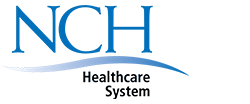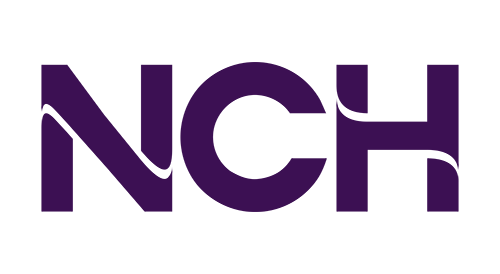Cardiac Rehabilitation
What is Cardiac Rehab?
Cardiac rehabilitation is a medically supervised program to help patients recover from an acute cardiovascular event such as a myocardial infarction (heart attack), coronary artery bypass surgery, heart valve repair/replacement, percutaneous coronary intervention (such as a coronary stent placement), heart failure and angina. Cardiac rehabilitation provides services to help cardiac patients increase physical fitness, reduce symptoms, improve health and reduce the risk of future heart cardiac problems.The NCH Heart Institute’s award-winning institute is recognized for its Code Save-A-Heart Program, Open Heart Surgery Program, Structural Heart Program (TAVR > and WATCHMAN > ) and innovative, state-of-the-art technology.Rehabilitation Phases
Phase I Inpatient
This phase begins with the patient in the hospital recovering from a cardiac event. Emphasis is placed on education for the patient and family. The educational process includes the use of audio-visual aids, printed materials and counseling with the patient and family.
Phase II Outpatient
This phase is a structured, outpatient program for patients with heart disease. It focuses on exercise, education, and support. The Cardiac Rehabilitation program generally includes 36 sessions for three months, with three sessions per week. Patients exercise in the cardiac rehabilitation outpatient center while the registered nurses and exercise physiologists’ staff monitors the patient’s responses to exercise. Patients in Phase II are typically monitored with cardiac telemetry for the duration of the program. Exercise levels on each piece of equipment are adjusted regularly by an exercise physiologist, based on heart rate performance, the patient’s level of comfort and their physician’s directions to provide maximal safe progress in exercise capacity.
Phase III – Maintenance
The principles of cardiac rehabilitation must become a part of daily life. NCH offers a self-pay, medically supervised pulmonary maintenance program to continue with your exercise regimen.
Maintenance programs are offered in two of our cardiac rehab locations (Bonita Beach Road and Marco Island) throughout Southwest Florida. Days and times vary at each location.
Benefits of Cardiac Rehab:
- Stop or reverse damage to your blood vessels in your heart
- Control heart disease symptoms such as chest pain or shortness of breath
- Lessen the physical and emotional effects of heart disease
- Improve your stamina and strength, getting you back to your usual activities, including work, hobbies and regular exercise
- Improve your confidence and well-being
- Live longer and lessen your chances for another heart attack
What We Offer:
- Medically supervised exercise training
- Exercise physiologist on-site to create and tailor an exercise regimen suited to your needs
- Cardiac support group (Bonita Beach Road location – call for details)
- Phase III maintenance programs to continue your journey to healthy living
- 239-624-1680
- Monday-Friday
7:00 a.m.-3:30 p.m. - Map and Directions
- 239-624-1080
- Monday-Friday
8:00 a.m.-4:00 p.m. - Map and Directions
- 239-624-8590
- Monday, Wednesday, Friday
7:30 a.m.-4:30 p.m. - Map and Directions
Related Articles
By the Numbers
56,500 +
OFFICE VISITS ANNUALLY
11,500 +
COUMADIN CLINIC VISITS ANNUALLY
150 +
CODE-SAVE-A-HEART PROCEDURES ANNUALLY
5,500 +
OPEN HEART SURGERIES SINCE 2005
- Coronary Artery Disease >
- Heart Failure >
- Heart Attack >
- High Blood Pressure (hypertension) >
- Peripheral Artery Disease (PAD) >
- Atrial Fibrillation >
- Pacemaker >
- Automated External Defibrillators: Do You Need An AED? >




